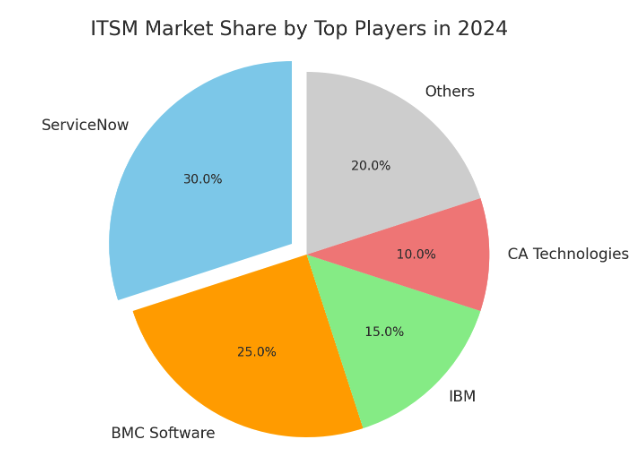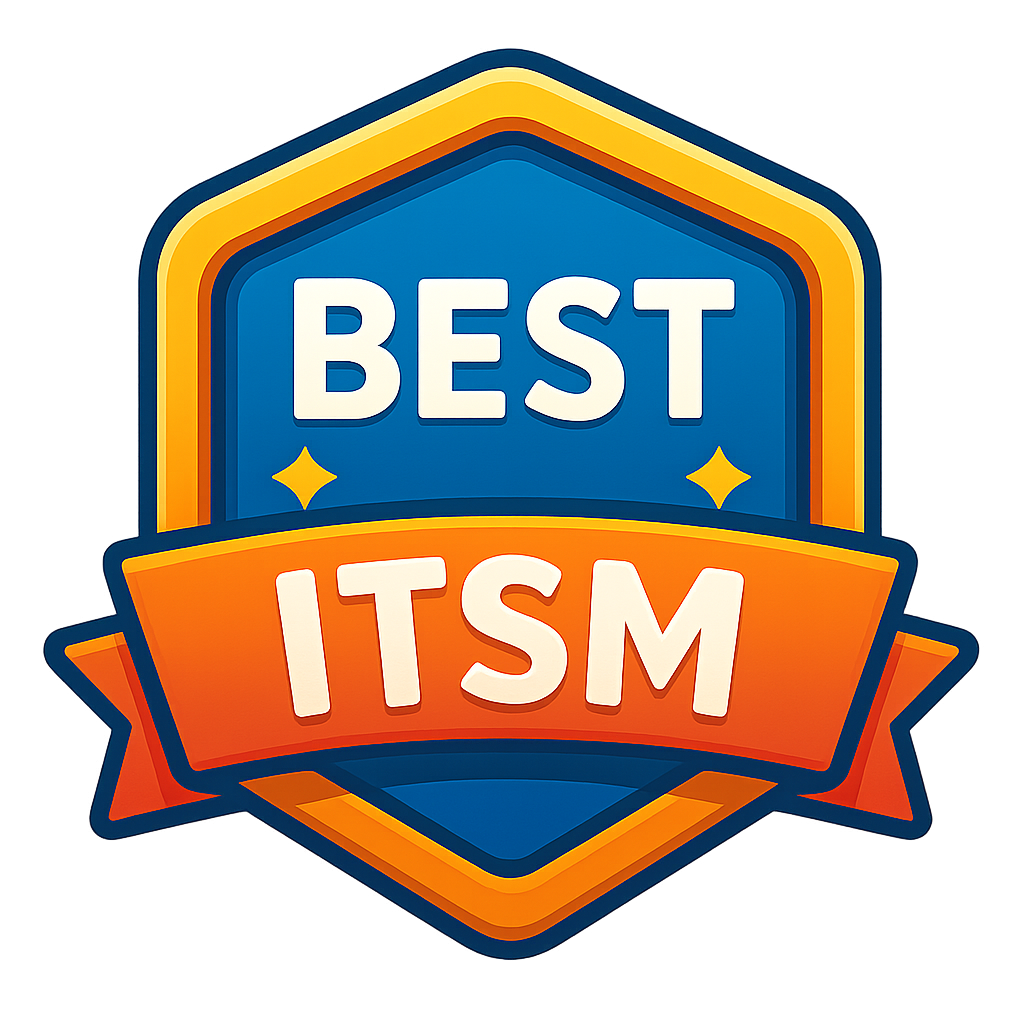ITSM Market Report 2025: Comprehensive Analysis and Forecast
The IT Service Management (ITSM) market is projected to witness robust growth through 2025, driven by a global push towards digital transformation. With the market expected to reach approximately $12 billion, reflecting a compound annual growth rate of around 8%, this expansion is underpinned by several key factors. The increasing reliance on digital technologies across industries is significantly boosting the need for efficient IT service management. Organizations are increasingly adopting cloud-based ITSM solutions, leveraging their scalability and cost-effectiveness to manage complex IT infrastructures. This shift is largely motivated by the desire to streamline operations and enhance customer engagement, positioning ITSM as a crucial component in achieving these goals.

Another significant driver is the widespread adoption of remote work, which has become a standard practice following the global pandemic. This trend necessitates comprehensive ITSM tools to support a distributed workforce, ensuring secure and seamless access to corporate resources. Additionally, the rise in cyber threats and the growing importance of data security are compelling organizations to integrate security management capabilities within their ITSM frameworks. This integration is essential for protecting IT assets, managing vulnerabilities, and responding swiftly to security incidents.The evolving regulatory landscape also plays a pivotal role in shaping the ITSM market. Regulations such as GDPR, HIPAA, and SOX require stringent data management practices, pushing organizations to adopt robust ITSM systems that can ensure compliance. The market is also seeing a growing interest in ITSM-as-a-Service (ITSMaaS) models, which offer organizations the flexibility to access ITSM capabilities on demand. This service-oriented model reduces the need for substantial upfront investments in IT infrastructure, making it an attractive option for many businesses.
Emerging trends in the ITSM market include the increasing integration of artificial intelligence and automation. These technologies are revolutionizing the landscape by enhancing user interactions through AI-powered chatbots and virtual assistants. Automation is streamlining routine tasks, such as ticketing and incident resolution, thereby improving efficiency and freeing up IT staff to focus on strategic initiatives. The integration of ITSM with DevOps and Agile methodologies is another significant trend, facilitating continuous delivery and deployment while enhancing collaboration between development and operations teams. Despite the promising outlook, the ITSM market faces several challenges. Data security remains a critical concern, particularly as ITSM solutions handle sensitive organizational data. Ensuring robust data protection measures to prevent breaches and unauthorized access is essential for maintaining trust and compliance with data protection regulations. Integration complexities also pose a significant challenge, as organizations often struggle to seamlessly integrate ITSM solutions with existing IT infrastructure and other enterprise systems. This can impact the overall effectiveness of ITSM initiatives, making it crucial for providers to offer flexible and easily integrable solutions.
The high cost of implementing comprehensive ITSM solutions is another barrier, especially for small and medium-sized enterprises (SMEs). These costs include not only the software and hardware but also training, customization, and ongoing maintenance. As the technological landscape continues to evolve rapidly, ITSM providers must continuously innovate to keep pace with emerging technologies such as AI, machine learning, and cloud computing. This requires substantial investment in research and development to ensure that their solutions remain relevant and competitive.
The ITSM market features several key players who are well-positioned to capitalize on these trends. ServiceNow, a market leader, offers a comprehensive platform that integrates ITSM with other enterprise functions, making it a popular choice for organizations seeking scalable solutions. BMC Software, known for its Helix ITSM suite, provides advanced capabilities for IT operations management, including AI-driven automation and predictive analytics. IBM, with its extensive IT management portfolio, offers tools for asset management, incident management, and IT operations analytics. CA Technologies (Broadcom) and Cherwell Software are also significant players, offering flexible and customizable ITSM solutions tailored to different industry needs. It's also worth mentioning Mint Service Desk as a new kid on the block.
Looking ahead, the ITSM market is poised for continued growth and transformation. One key trend is the increasing adoption of hybrid ITSM solutions, which manage both cloud-based and on-premises systems. This hybrid approach allows organizations to leverage the benefits of cloud scalability while maintaining control over critical on-premises infrastructure. Enhanced analytics and reporting capabilities are also expected to become standard features in future ITSM solutions, providing deeper insights into service performance and user satisfaction.
The principles of ITSM are increasingly being applied beyond traditional IT boundaries, with areas such as HR, facilities management, and customer service adopting ITSM frameworks to improve service delivery and process efficiency. Sustainability and green IT practices are becoming more important as organizations seek to reduce their environmental impact. ITSM solutions that support energy-efficient operations and electronic waste management are likely to gain traction.
As the market evolves, increased collaboration and interoperability between IT and business units will be essential. ITSM solutions must offer better integration with business tools to facilitate seamless communication and collaboration. This trend underscores the importance of ITSM as a critical component of organizational success in the digital age.
The ITSM market is undergoing significant changes, driven by technological advancements and the increasing complexity of IT environments. As organizations continue to invest in digital transformation, the demand for comprehensive and adaptable ITSM solutions will grow. The market's future will be characterized by greater integration with emerging technologies, a focus on user experience, and an expansion into new service areas. The ability of ITSM providers to innovate and adapt to these changes will be key to their success in this dynamic market.
